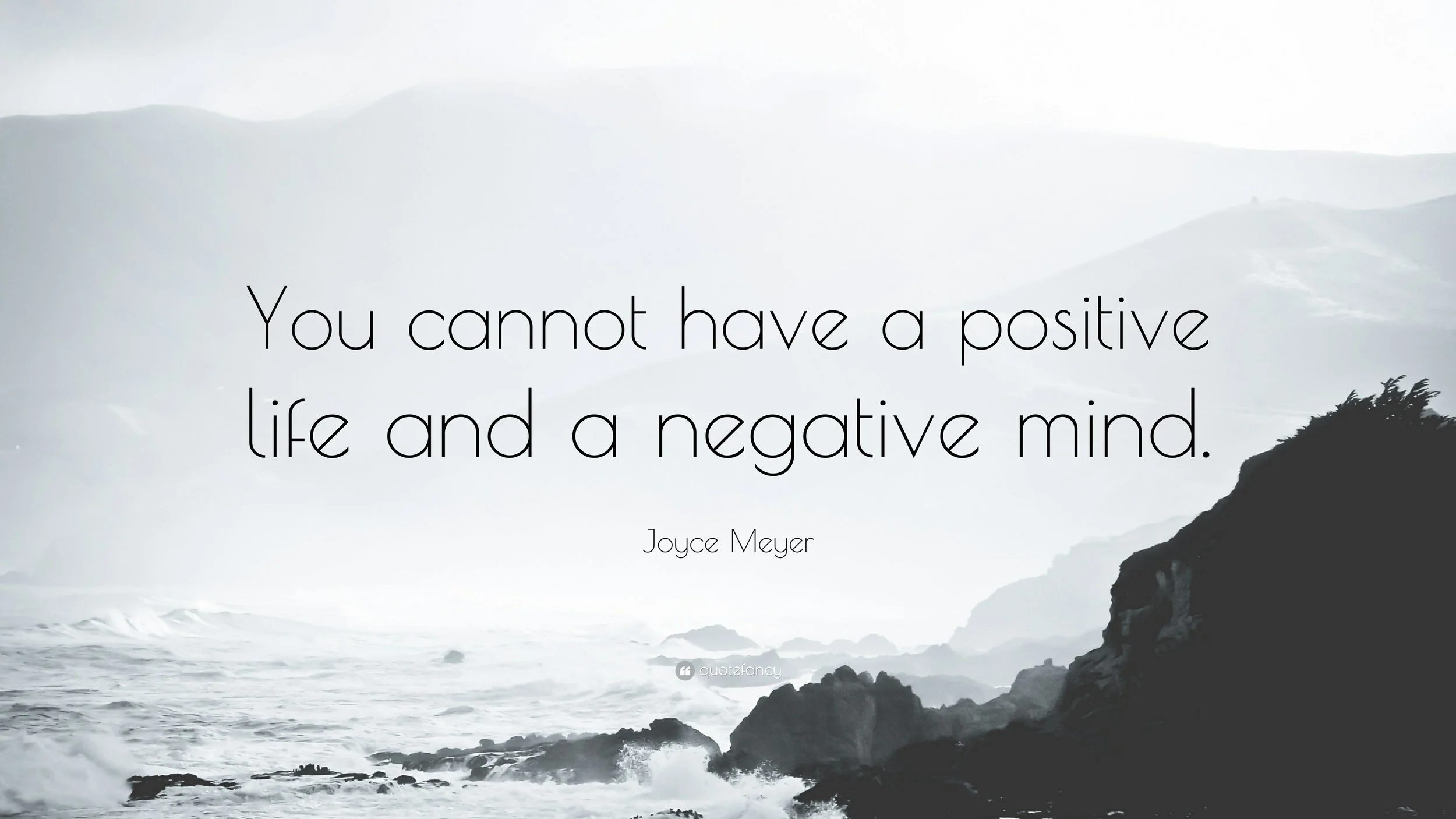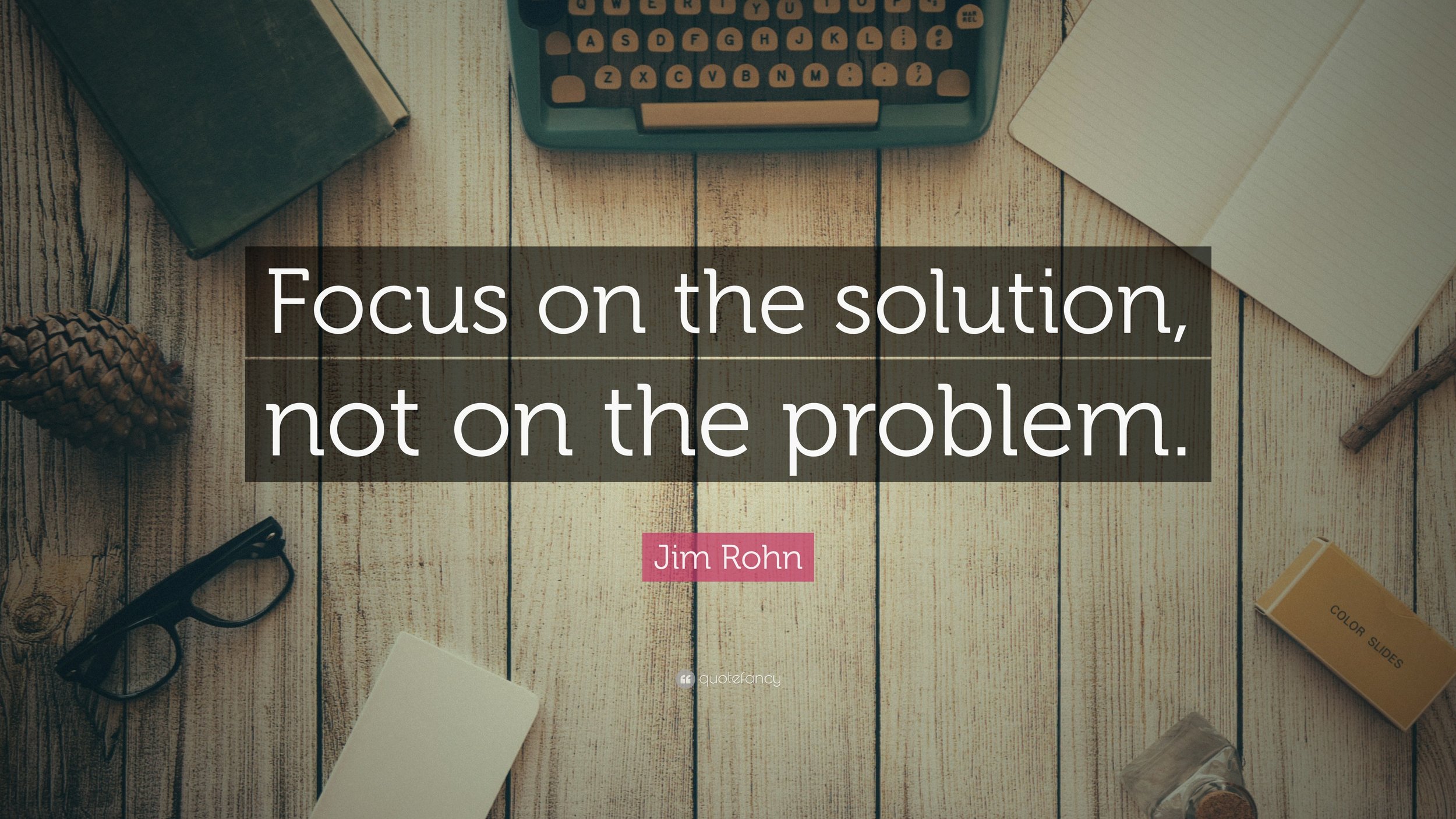
How to Spot Depression in Children
Sometimes, a child’s sadness may be more than the typical emotional response we might expect. If your child is experiencing sadness over a long period of time, overall low mood, or it seems like their sadness is becoming a part of their personality, your child may be experiencing depression. Depression affects a child’s mood, thinking, and behavior. It can show up in all areas of life, including at home, school, with friends, and extra-curriculars.

Be Careful, Be Brave
Spend time on any playground or park and you will hear adults (or even yourself) calling out to kids to “be careful”. We have the best of intentions and just want to keep our kids safe. We do not want our kids to get hurt. The internet is at our fingertips, telling us all of the terrible things that can happen to kids. We want them to be mindful of their surroundings. However, as great as our intentions are, telling our kids to “be careful” can actually be harmful to them. Here are four reasons why we should stop telling out kids to “be careful” and what to say to them instead.

Positive Self Talk
According to growkidsminds.com, we talk to ourselves more than all other conversations combined. Self-talk makes up 80% of all of our communication! Self-talk is your internal dialog. It can be both negative and positive. What you say to yourself and how you say it matters. It influences how you feel and what you do. Positive self-talk is often a coping strategy we teach children (and adults) in therapy to decrease anxiety and depression and improve overall mood.

Assembling Your Coping Toolkit
A coping toolkit is exactly what it sounds like. It’s a collection of the coping skills, people, places, things, and ideas that help you to cope when symptoms of mental illness become overwhelming. Your tool kit is unique to you, and can be physical, mental, or some combination of the two. It depends on what works best for you. It can include ideas of where to go and what to do when you are experiencing overwhelming or distressing symptoms, it can include things like medication, it can even include a safety plan, if you ever experience self-harming behaviors or suicidal ideation or attempts.

Let’s Talk About Apps
It is nearly impossible to stay current on all the apps that are presently available, let alone keep up on what is trendy, but “being in the know” is one way to protect your children online. As we continue our social media blog series, let’s tackle getting familiar with the apps and platforms teens and children are using.

Limit or Permit?: A Parents’ Guide for Monitoring Social Media
Having a conversation with your kids about online safety rules is a crucial step. This will help your kids grow up using social media wisely. This post is intended to act as a guideline for parents who share some of these questions about when to limit or permit their kids’ online activity.

Talking to Teens About Mental Health
Ask questions. It is okay to be direct when it comes to checking in with mental health, it sends a message you take this topic seriously. It is also okay to bring mental health up in a roundabout way. You can bring up an article you recently read or discuss well-known individuals such as Simone Biles and Harry Miller who are making their mental health a priority.

Building a Coping Kit
A coping kit is simply a list of skills and strategies a child can use when feeling anxious. It helps to practice these strategies when the child is already calm. Sometimes children can memorize their list of strategies but others may need to have them written down.

School Refusal
School refusal is different from truancy. Children who are truant refuse to go to school because they want to do something else. They will often concoct elaborate schemes to avoid going to school. However, school refusal is related to anxiety about situations or expectations at school.

Emotional Co-Regulation
The really amazing thing about mirror neurons is that you can use your mirror neurons to help your child when they are struggling to regulate their own emotions. If you stay calm in situations which are causing your child distress (ie frustration, anxiety, fear, anger, etc) and maintain a supportive presence, your child will essentially “catch” your calm.

Protecting Yourself From Second-Hand Anxiety
It is important to protect yourself from second-hand anxiety because chronic stress can lead to long-term health problems. In addition, as a parent, you are not helping your child if you are taking on their anxiety.

How To Help Kids When Big Emotions Happen
When individuals are struggling with emotional regulation, their emotions feel very out of control to them. In young children, this can look like throwing tantrums, refusal behaviors and excessive worrying. Struggling to regulate emotions is pretty common, even us adults struggle with it at times. However, it is pretty easy to teach kids skills which help them to regulate their emotions.
